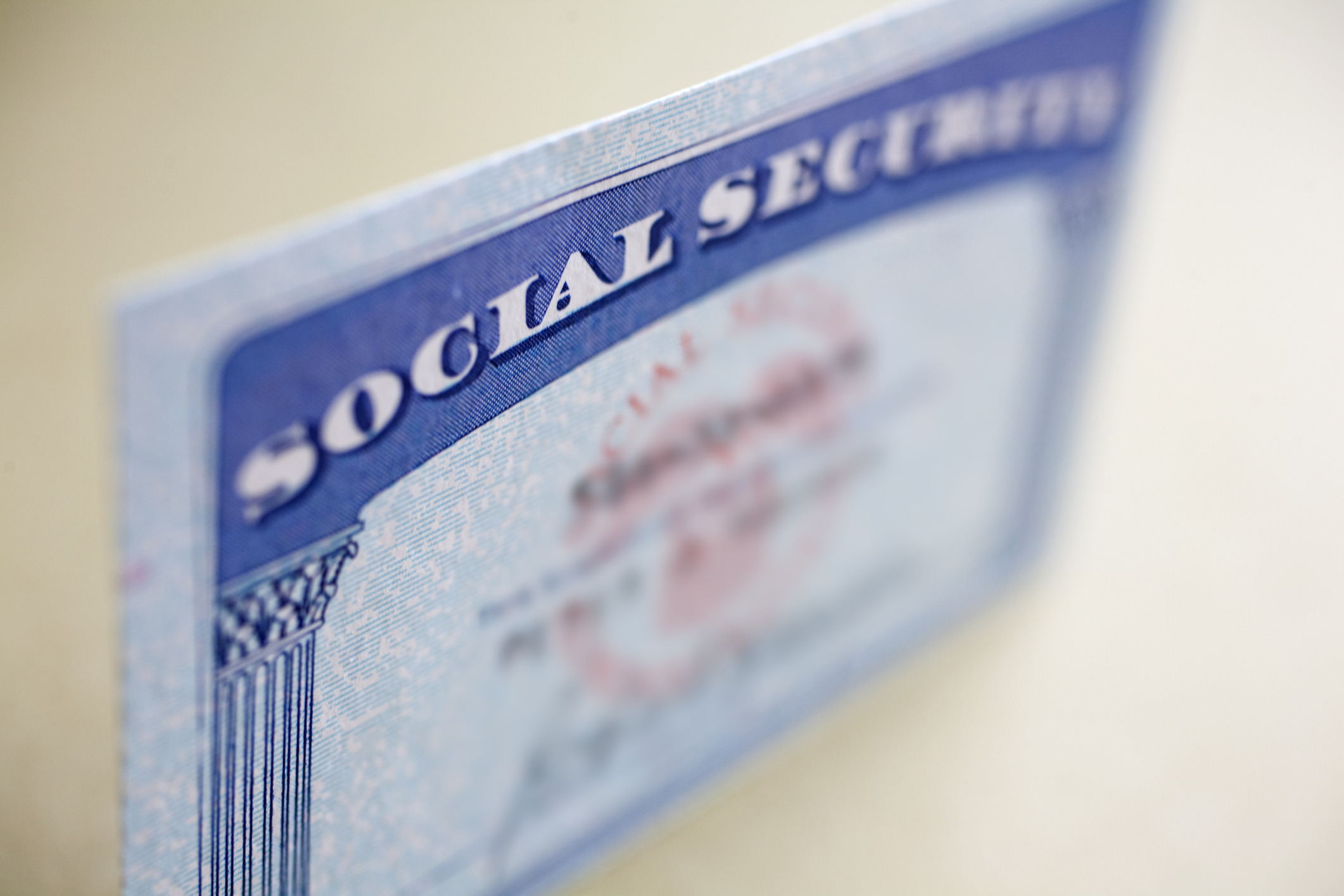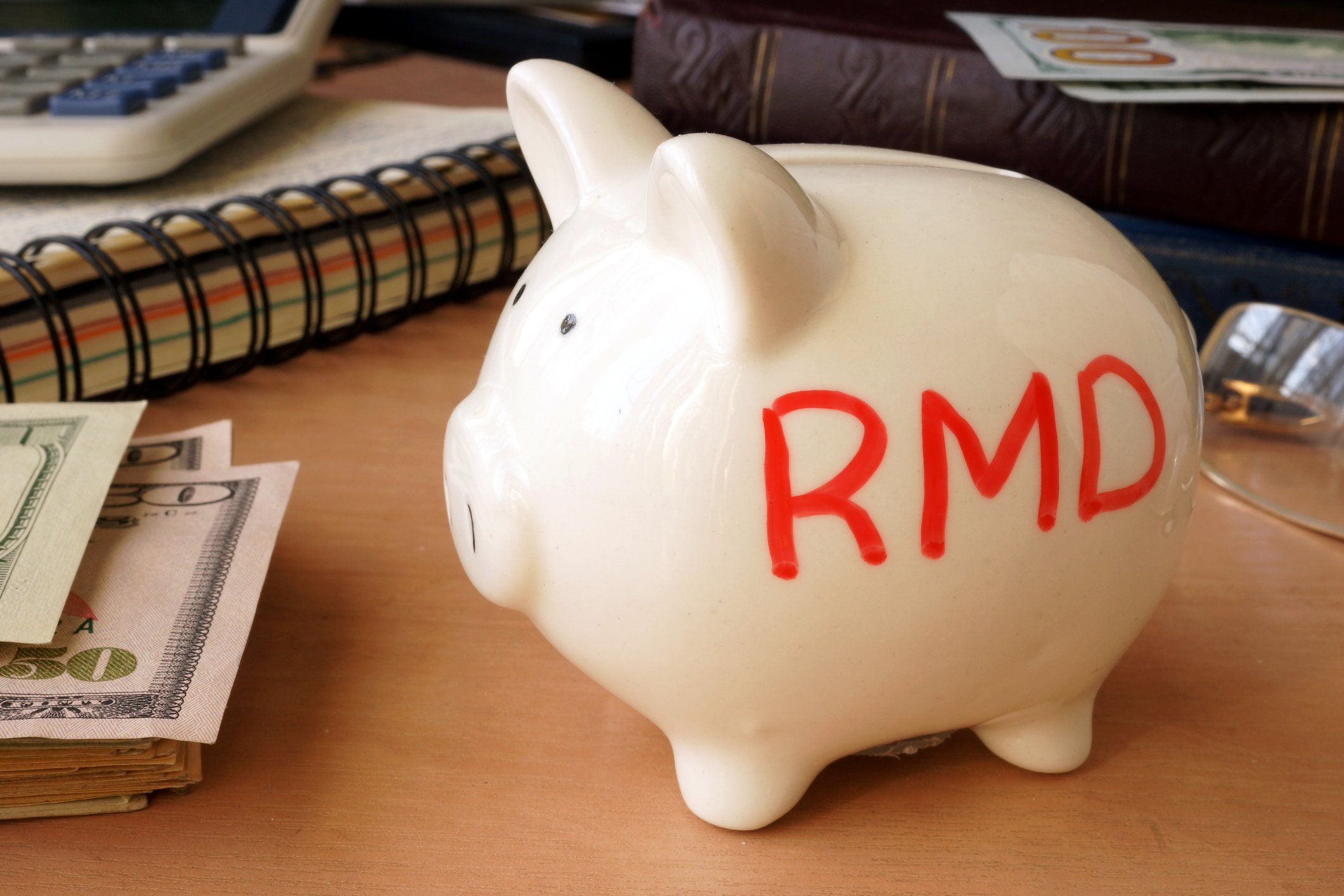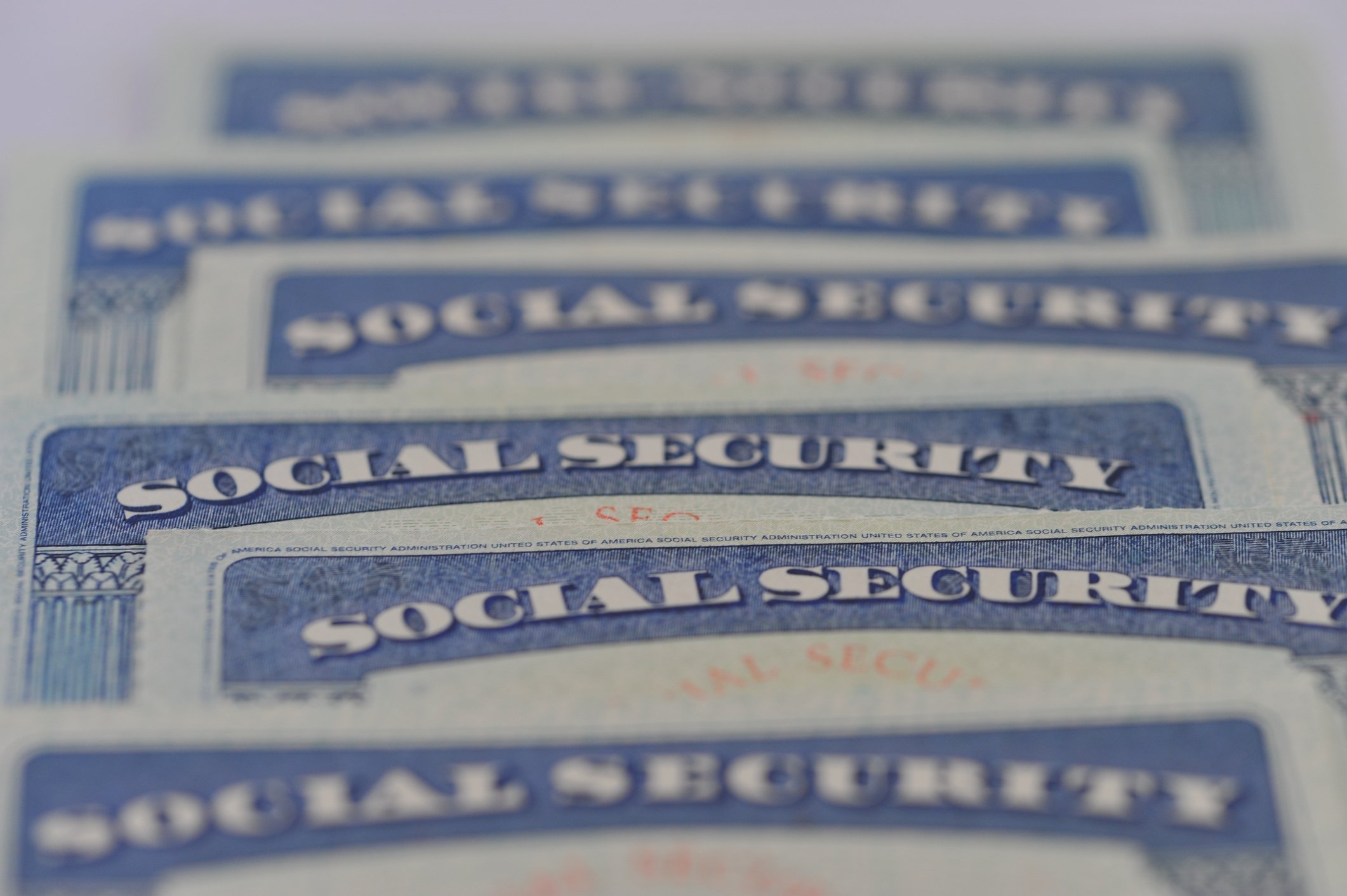As the number of coronavirus cases surges across the country, it's becoming more clear that the pandemic still has a firm grip on the U.S. The country was averaging more than 60,000 new COVID-19 cases per day in mid-July, far higher than the roughly 30,000 cases per day being reported back in April during the height of the lockdown.
With new infections on the rise, some businesses have already been forced to close and there's a chance additional businesses will need to as well, which could trigger another stock market crash. That could spell serious trouble for retirees who depend on their investments to make ends meet. A second stimulus check could definitely help retirees in need get through this pandemic.

Image source: Getty Images.
Approximately 27% of retirees say another stimulus check would be necessary to pay their bills, according to a new poll conducted by Money magazine and market research firm Morning Consult. Another 54% of retirees say that, although a second stimulus payment is not necessary, it would be helpful to pay for essential and non-essential costs.
Whether or not Americans will see a second stimulus check is still very much in question, but there are a few possibilities being considered.
Option 1: Second stimulus checks with tighter income limits
Under the Coronavirus Aid, Relief, and Economic Security (CARES) Act, individuals earning less than $99,000 per year were eligible to receive a stimulus check. Leadership in the U.S. Senate has dropped broad hints that the next stimulus package (if there is one) will be smaller than the CARES Act, which could mean either there won't be a stimulus check at all, the checks themselves will each be smaller, or fewer people will be eligible to receive assistance.
Senate Majority Leader Mitch McConnell recently hinted that the income limit for the checks will be less than it was under the CARES Act, revealing that a second round of stimulus payments will likely be targeted toward those earning less than $40,000 per year and/or those in select industries related to tourism and hospitality.
This could be good news for retirees, since many are living off of savings and Social Security benefits and not actually earning any income. Even if you're working part-time in retirement, you could still qualify for a check if your income is under the proposed limit. Keep in mind, though, that everything is still speculation at this point, so nobody knows for sure whether this proposal will even pass the Senate.
Option 2: Back-to-work incentive payments
Another option Congress is considering is providing a back-to-work incentive rather than a stimulus payment. For example, the Reopening America by Supporting Workers and Businesses Act of 2020 proposed by U.S. Rep. Kevin Brady (R-Texas) would provide a $1,200 hiring bonus to those who return to work.
Sen. Rob Portman (R-Ohio) proposed a similar idea, suggesting that those who return to work receive a $450 weekly bonus in addition to their regular wages.
If Congress goes this route and foregoes stimulus checks altogether, retirees could be left in the lurch. Many retirees may be struggling financially but are not willing or able to come out of retirement to receive the back-to-work bonus. Especially since older adults are at an increased risk of developing severe complications if they contract COVID-19, it could be a risky decision to return to work during the pandemic.
Option 3: No stimulus payments at all
There have been plenty of proposals for how Congress should use the stimulus bill to jump-start the economy, and many of them don't include stimulus payments of any kind to Americans.
For example, some White House officials have suggested cutting payroll taxes so workers can keep more of their paychecks. Congress has also considered providing tax cuts and other incentives for businesses, which could help Americans by creating more jobs. But neither proposal provides immediate financial relief for citizens not already in the workforce (particularly retirees) or companies that can't really operate in a lockdown.
Another proposal is a travel tax credit, suggested by the U.S. Travel Association. This proposal would give each household a tax credit of up to $4,000 for travel expenses, including lodging, meals, and amusement or entertainment. President Trump voiced his support for this idea back in May, and Sen. Martha McSally (R-Arizona) also proposed a bill that would provide each individual with a $4,000 travel tax credit ($8,000 for couples filing jointly) plus an additional $500 for each dependent. Like the U.S. Travel Association's proposal, this money could only be used toward eligible travel expenses. How much people will be traveling when the country is in lockdown and other countries are banning traveler from the U.S. because of increased coronavirus infections are significant questions that have not been answered.
When will Congress decide on stimulus checks?
Although there is a lot of speculation surrounding what the next stimulus bill will look like, nobody knows for sure what Congress will decide. The Senate is expected to negotiate through the end of July and likely won't pass anything until the end of July or August. Until then, retirees can only hope that the next stimulus package will have something in it for them.





